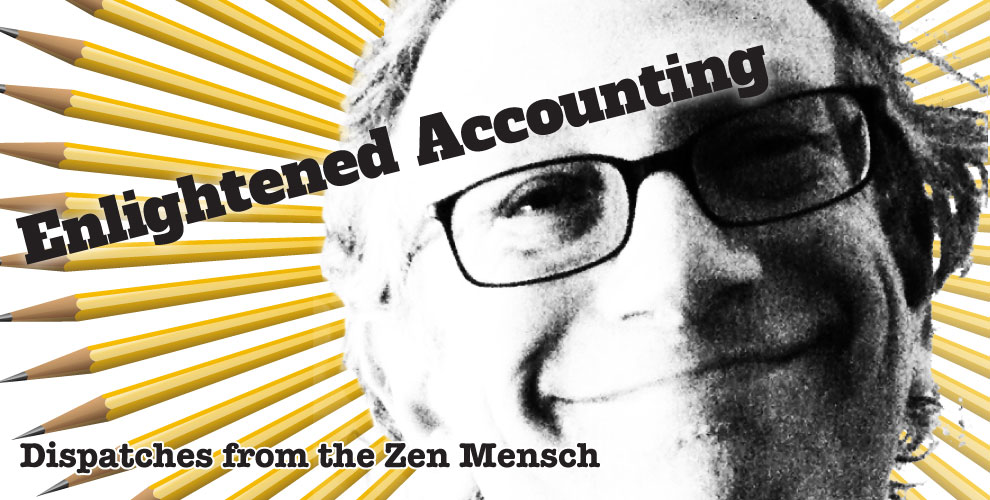Retirement Carpentry
Making Sure Your Package Is Built To Last
It’s daunting. You can barely pay the bills, fret about keeping your job, and your triplets will be in college at the same time. (And then your accountant congratulates you on your increased income, but you didn’t realize your taxes go up and your credits go down — more on this soon!). So when Suzie Orman suggests you “maximize your retirement savings” you think — I already am — and it’s zero. What to do?
First, are you an employee? If your company offers a retirement plan (let’s hope so), start with at least minimal contributions. Your take home pay will go down but will be partially offset by the tax savings. Regular, ongoing contributions, no matter how small, is the best way to build a nest egg. Hopefully your company provides some sort of a “match” to the retirement plan.
No plan? Again, see if you can scratch out a minimal monthly contribution amount —forced savings. Some investment companies will allow as little as $50 per month, but you may need to make a larger initial contribution. Consider a Traditional IRA if you need immediate tax savings; otherwise a Roth IRA may be preferable. There are specific rules governing both types of plans, so you may want to consult a financial adviser.
Self-employed? You will most likely be able to choose from a variety of plans, including SEPs, SIMPLES and 401-K’s. Contribution thresholds vary depending on the plan, your business structure, salary and profit. All have conditions under which you must provide retirement benefits to any (non-owner) employees.
Worried about retirement and college? The old adage is to take care of yourself first, but your kids generally get to college before you retire (!) and you may want to have something to offer besides getting on the hook for more debt (“PLUS loans”). You may want to consider the flexibility of a Roth IRA for this very reason: while Roths are “retirement vehicles” you can also withdraw your investment for higher education purposes without incurring income tax or penalty. This may be an attractive option if you are not sure which basket to put your funds into, or if you are an older parent like the author — my parenting started late so my retirement age hits before my children will be going to college (not a great financial strategy!) As always there are details galore so educate yourself and consider seeking professional advice.
(Oh yes. I know what day it is — but don’t you think I’ve thought enough about taxes for the moment?)






